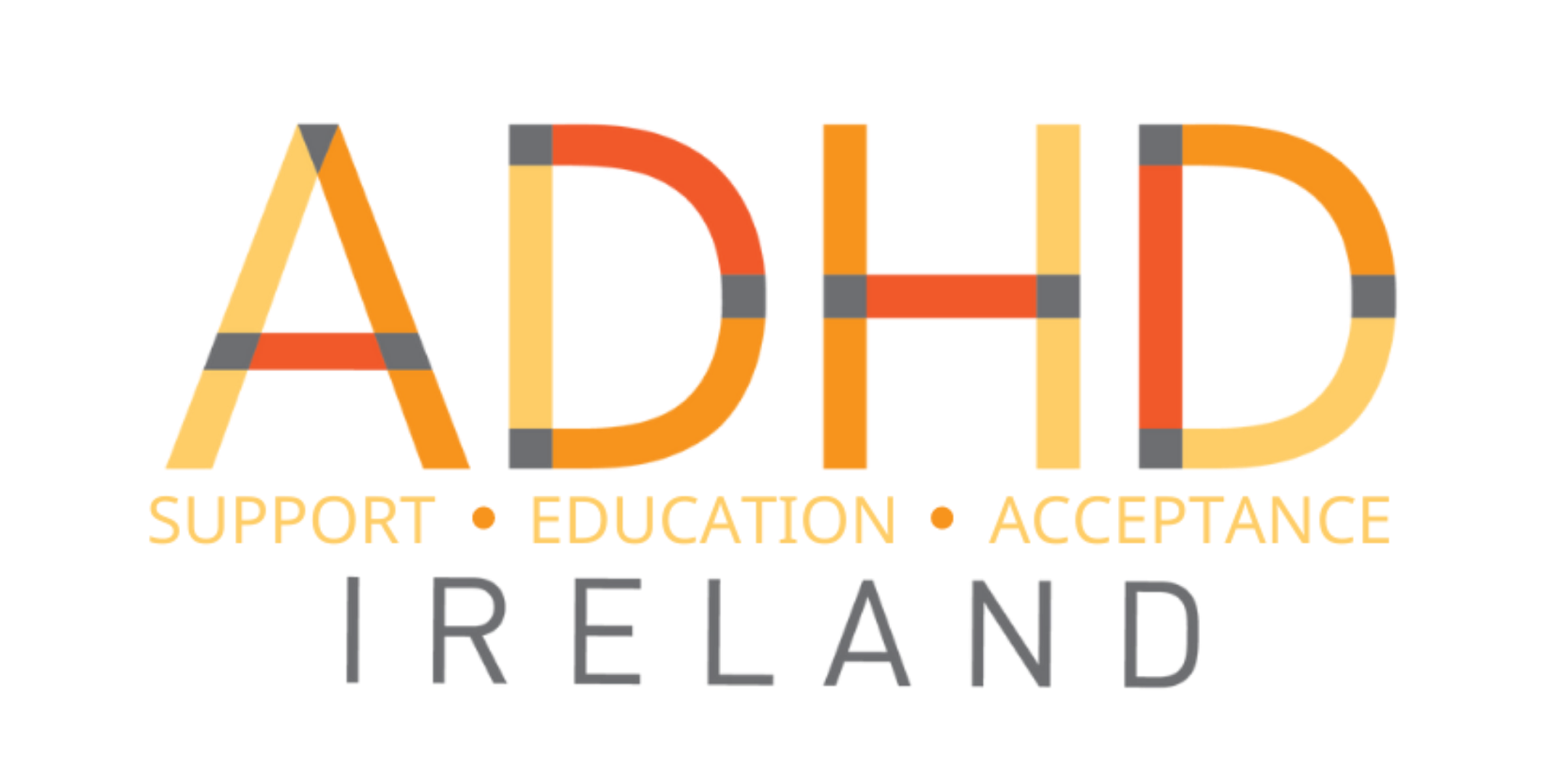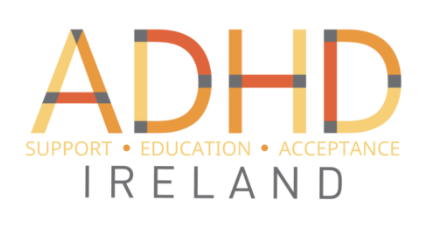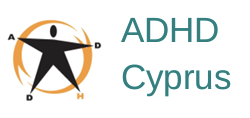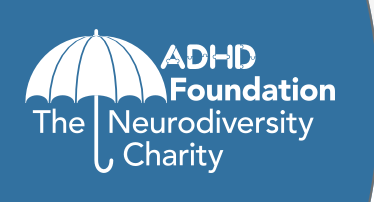ADHD – EU | ERASMUS Project
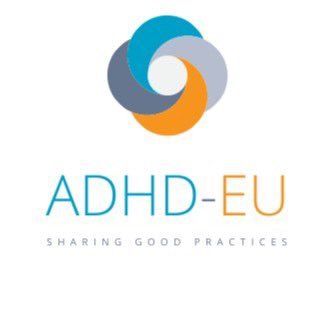
![]()
In the pursuit of fostering better lives for European adults dealing with Attention Deficit/Hyperactivity Disorder (ADHD), a visionary project, funded by the European Union, has emerged with a clear mandate – disseminate best practices for ADHD education and awareness. With a strategic focus on enhancing the quality of life for adults grappling with ADHD, this initiative brings together prominent organisations and institutions, uniting under a common goal to raise awareness, educate, and support individuals and their families.
Please, for regular updates you can follow us and the partners on:
Twitter \ X – click HERE
LinkedIn – Click HERE
Collaboration for Impact:
ADHD-Ireland spearheads this transformative endeavour, joined by esteemed partners including the Greek Carers Network, the Hellenic Brain Council, the University of Cyprus, ADD – ADHD CYPRUS association, University College Dublin and ADHD Foundation (UK). Together, these entities form a formidable alliance, striving to enhance educator competencies, advocate for inclusion, and provide comprehensive education and support for family caregivers.
Strategic Execution:
At this interim stage, the project’s activities have been methodically planned and executed to align seamlessly with its overarching objectives. From Zoom meetings to training activities in Greece, webinars, press releases, social media campaigns, and presentations during the initial kick-off and continued in Greece, each undertaken task reflects a commitment to advancing awareness, education, and support mechanisms for adults with ADHD.
Educational Initiatives:
The project has engaged in comprehensive educational efforts, targeting diverse stakeholders such as individuals with ADHD, healthcare professionals, family caregivers, and the general public. Training activities in Greece, featuring presentations and activities geared towards increasing knowledge, skills, and values related to supporting adults with ADHD, exemplify the commitment to dissemination and education.
Awareness Campaigns:
Meticulously executed awareness campaigns within targeted groups have fostered a deeper understanding of ADHD’s impact on individuals and communities. Social media updates, press releases, and website enhancements have played pivotal roles in disseminating project activities and educating the public about ADHD.
Support Enhancement:
In addressing the needs of individuals with ADHD and their family caregivers, the project has organised self-help groups, focus groups, and relevant meetings, creating vital support networks. The sharing of information about available supports and strategies during these sessions is instrumental in fostering understanding and support for adults with ADHD.
Knowledge Sharing:
The project has prioritised the dissemination of expertise, applicable practices, and first-hand experiences related to ADHD. Presentations during training activities and conferences have empowered individuals to cope effectively with their lived experience, fostering a community of shared knowledge.
Promotion of International Collaboration:
International cooperation has been actively promoted, facilitating networks and cultural exchanges. An exemplary instance is the collaboration with the ADHD Foundation, the largest ADHD agency in Europe, providing invaluable opportunities to share and learn from award-winning services, contributing to the development of new services at local and EU levels.
As this transformative initiative progresses, the commitment to breaking barriers and enhancing the lives of those affected by ADHD remains unwavering. With strategic collaboration, meticulous planning, and a dedication to education, awareness, and support, this project funded by the European Union emerges as a beacon of hope and progress for individuals navigating the complexities of ADHD in Europe. Stay tuned for more updates as we continue this impactful journey together.
Project Partners
Project 1
- 6.10.2023 (9:30 – 11:00)
- European Parliament Office in Greece
- “Living with Attention Deficit Hyperactivity Disorder”
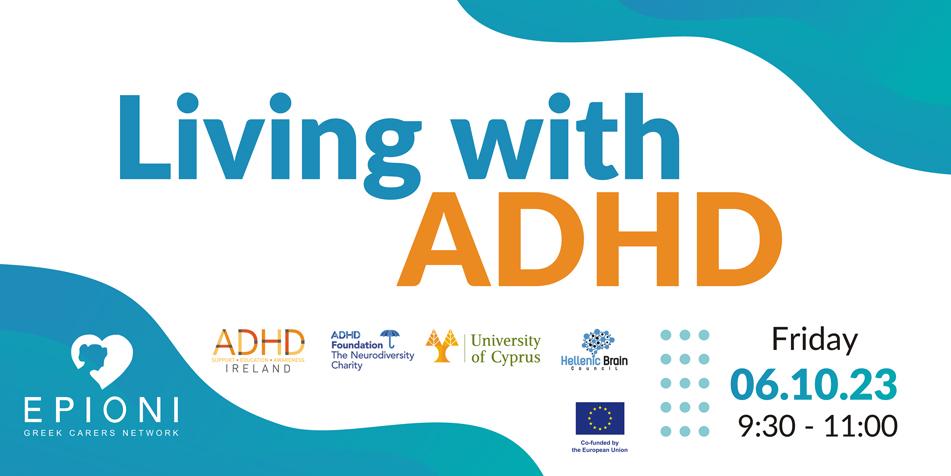
The event was held under the auspices of the Region of Attica, the Hellenic Psychiatric Association and the Hellenic Brain Council. The event was co-funded by the European Union in the framework of the Erasmus+ small-scale project “ADHD-EU”
Mr. Haris Kountouros, Head of Public Relations of the European Parliament office in Greece, Mr. Stelios Kymouropoulos MEP and Mr. Spyridon Zorbas, President of EPIONI gave a short address. Mr. Zorbas said that from what was discussed the previous day it was evident that in the UK, Greece, Cyprus and Ireland it is extremely difficult for an adult to seek diagnosis and support. Mr Ken Kilbride, Director of ADHD-Ireland referred to a “tsunami” of requests that are difficult to support. After elaborating on the services provided by the organisation in Ireland aimed at both parents and adults with ADHD, he mentioned that the many support groups held free of charge through zoom are the largest in the world. Also that anyone who either has or has not, whether they are from Ireland or overseas can freely join.
Mr Andreas Chatzittofis, Assistant Professor of Psychiatry at the University of Cyprus Medical School, spoke about the clinical picture of ADHD across the lifespan. He invited the participants to the training seminar in Nicosia.
Professor of Psychiatry Artemios Pehlivanidis, Head of the Unit for Neurodevelopmental Disorders in Adults, A’ Psychiatric Clinic of the Aeginitio Hospital, School of Medicine, National and Kapodistrian University of Athens presented the diagnosis of ADHD in adults in Greece and the resource problems in the Greek health system.
The child psychiatrist Athanasios Kanellopoulos MD, MSc, Special Center for Adolescent Medicine & UNESCO Chair for Adolescent Health and Medicine at the Hawremio Research Laboratory, 1st Pediatric Clinic of EKPA Children’s Hospital “Aghia Sophia” and co-founder of the Network of Young Psychiatrists & Mental Health Professionals presented a very interesting presentation entitled “D. E. E. P. Y. Continuities and discontinuities from child to adult in a changing world. Challenges and concerns for the mental health specialist” Mr Arron Hutchinson, Education Training Director at the ADHD Foundation described support for adults with Attention Deficit Hyperactivity Disorder (ADHD) in the UK. How ADHD is treated by the media and how long the waiting list is for both private psychiatrists and the public sector for adults with ADHD.
Mr. Alexandros Economou Msc of Mental Health – Athens Medical School and Scientific Officer for KSEO EDRA referred to ADHD in everyday life as a Life Experience in Adults. He referred to EDRA’s psycho-educational centers. Finally, Ailín Kennedy, BSc, AACC, Professional ADHD Coach and Advocate from Ireland gave her lived experience of how her diagnosis of Attention Deficit Hyperactivity Disorder in adulthood led her to a successful career as an ADHD Coach.
You can watch the recap of the conference HERE (it’s a Facebook video)
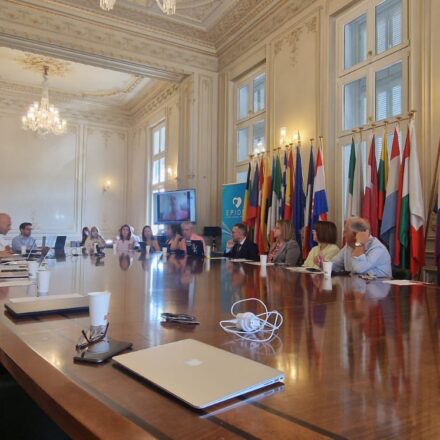
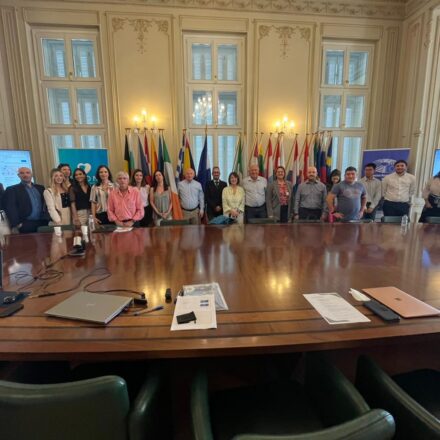
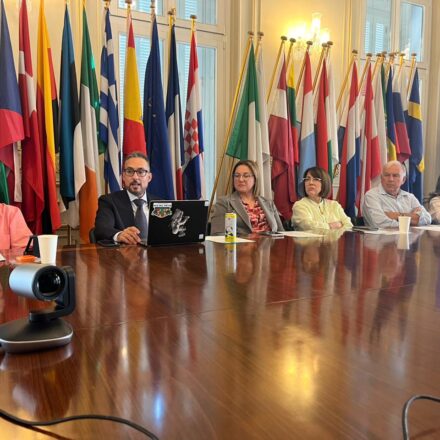
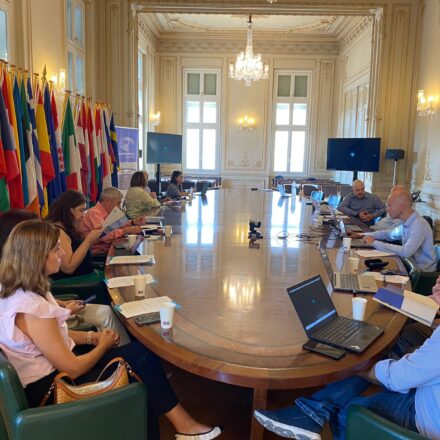
6.10.2023, European Parliament Liaison Office (EPLO) in Greece, Athens
Updated 4th of December 2023
